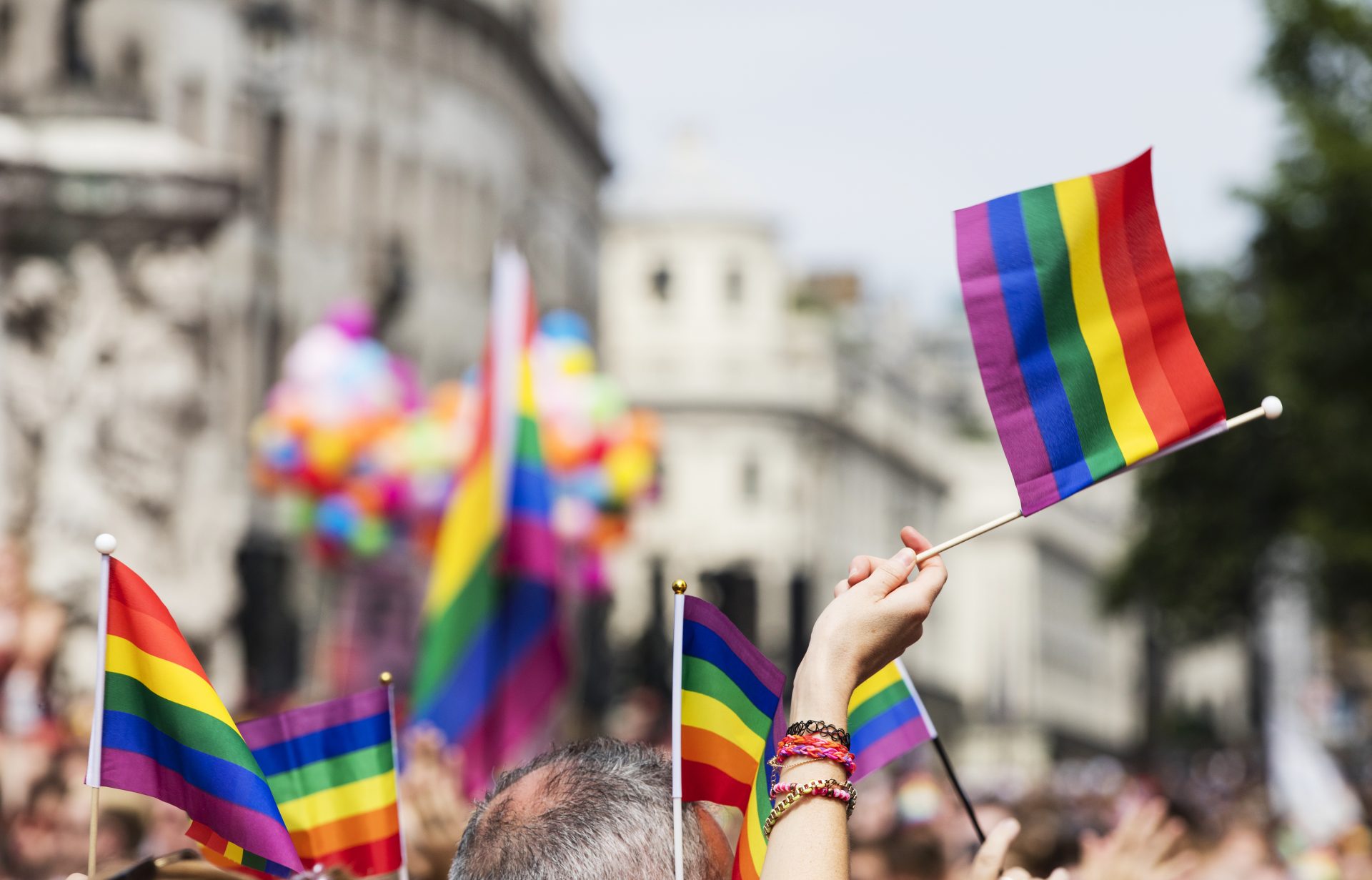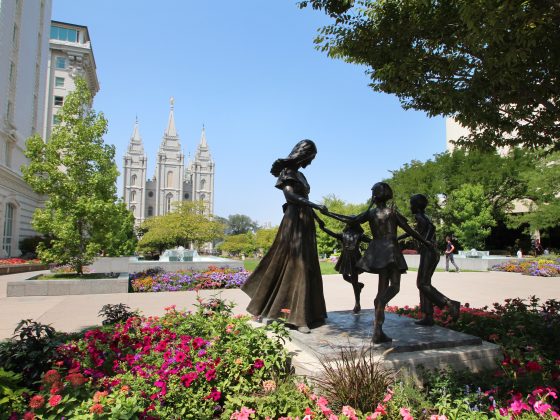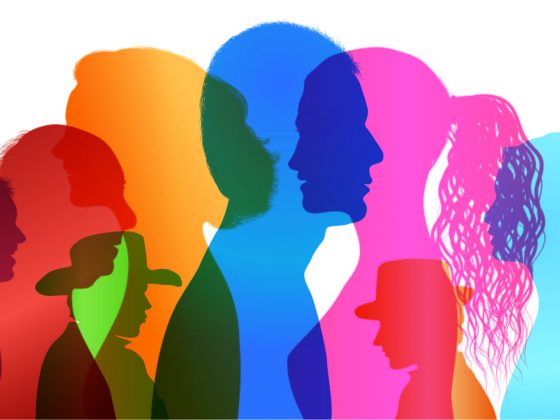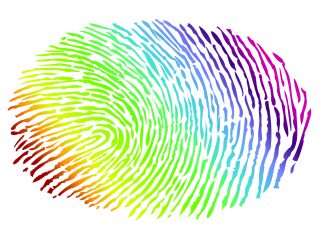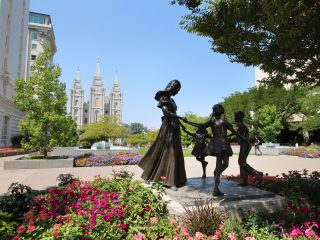As I traveled from country to country seeking out the gay community, sometimes I found myself losing sight of what the phrase “the gay community” even means.
It’s a phrase I took for granted until some people I talked to in my travels expressed confusion about it. Apparently it doesn’t always translate well. So I was forced to come up with a definition, which proved to be much more difficult than I would have thought. I was never really satisfied by the answers I gave them. Is it the political organizations, the bars, social media, your particular group of friends? Is it all of the above? None of those seem to really express the idea to me.
Really think about it for a minute. How would you define “gay community.” I’ll give you a minute while I sit here patiently.
Harder than you thought, right?
So it’s something I’ve been thinking about a lot lately. But I had an experience while visiting a bar in Bucharest, that helped me to focus in a bit more on what my definition of that seemingly simple but deceptively difficult phrase would be.
Romania…
The building is gray and covered in graffiti – a quintessential fading communist-era structure. There’s a sign over the door that leads downstairs into a basement club. It’s dark and hazy with cigarette smoke. The music is loud: techno and dance remixes of pop songs, like just about any gay club anywhere. The bar is lit by colored lights in Absolut bottles hanging from the ceiling. Beyond is the dance floor with spinning spotlights and beyond that a lounge. And here, in the dark, in the smoke, in the basement, no one cares that you’re different.
Romania can be a tough place to be gay. Even in Bucharest, the capital and largest city with a population of around two million, the LGBT community is very underground – in the case of the basement club, literally. Being gay is legal but culturally unacceptable.
Add to that the fact that Romania can be a tough place generally. They’re still dealing with the legacy of communism. The economy is bad, corruption is rampant. The young people I talk to are often not very optimistic about their career options.
Having somewhere to let down their hair is a pressing need. So, like in so many other places, they try to create community. There are a couple gay organizations, but Queens Club is the only large, specifically gay business in Bucharest. A couple others have come and gone but Queens seems to be the only one these days.
…To Las Vegas
Hanging out in Queens, I had a disorienting feeling. I was suddenly reminded of my first gay bar when I was coming out while living in Las Vegas – the one where I met all the friends who made me feel normal when I had been feeling like a complete freak. Believe it or not, this Romanian bar on the other side of the planet had much the same vibe as that one and seemed to fill much the same role in people’s lives.
In a place like Romania where gay people are nearly invisible, the company of those like you must be a huge relief, as it was to me when I first came out.
Community, at its best, is reinforcing.
Like the friends who helped me then, the people at Queens didn’t seem worried about posing along the wall. They didn’t seem to be interested in excluding. They were jumping in and dancing. Gay guys, gay girls, and the occasional heterosexual I’m sure, all in there dancing together or lounging and chatting. No obvious divisions.
Community, at its best, is inclusive.
I’m not naïve and I don’t mean to idealize. I’m sure there was some exclusion and pettiness going on that wasn’t apparent to me. Community is not always at its best. That’s true everywhere.
An Imperfect Definition
So what is the “gay community” then? Watching as the crowd at a gay bar in Bucharest let loose in one of the few places they can and reflecting upon my own coming out experience brought me to the conclusion that maybe community is whatever or wherever or whoever makes you feel reinforced and included – that makes you feel normal and accepted. That’s why we try to create community, because these are human needs that historically have been denied people like us. So we learned how to provide them for each other.
Although no place is perfect, it was clear that at least some gay Romanians were able to fill those needs in a loud, dark basement in a bleak gray building in Bucharest, for a time. But that doesn’t mean it has to be a bar – or an organization or a particular group of people, or even a combination of those things. It’s more fundamental than that. It could be anything, anywhere.
It’s a little bit of a non-answer, though, isn’t it? It leaves it very open. It’s up to you to find it for yourself. It’s not a recipe of ‘go here and do this and talk to these people.’
Going back to my own experience, I’ve come to realize that bars have often been my biggest connection with the gay community, both frequenting them and working at them for a number of years. Not because I’m a raging alcoholic but just because that’s where I’ve been able to feel the most normal, for whatever reason. And I’ve come to realize that that’s important to me.
This definition of community also leaves open the possibility of varying degrees of need for community. I’ve noticed that people who were made to feel normal about being gay from the beginning often feel less of a need for a connection to the gay community. They already feel normal and reinforced. It also explains why some gay people feel disenfranchised from the community. They never managed to find a place that made them feel accepted.
So you want to help foster the gay community where you are? Great. Putting yourself out there socially and volunteering with organizations and at community centers are great ways to do that. But on a more fundamental level, we can do so by reinforcing each other and accepting each other. That’s community.
